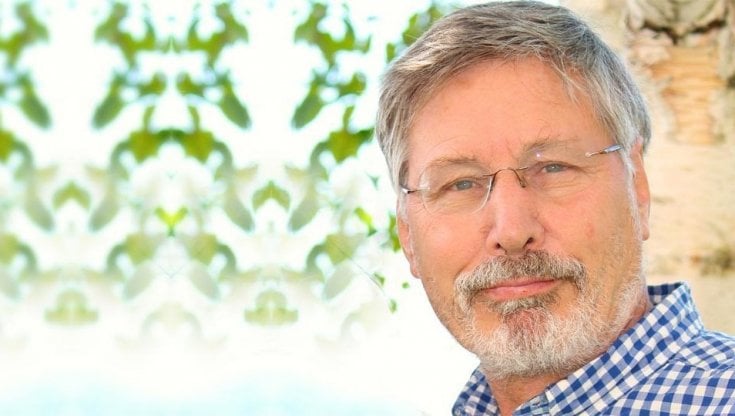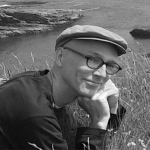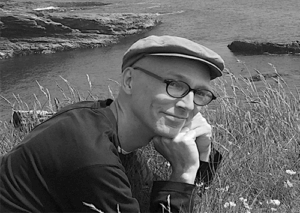We are hardwired to respond strongly to trauma—and those responses can linger even when the source of trauma’s gone. In Part One of a marvelous discussion, psychiatrist and author Bessel van der Kolk helps us understand our own involuntary behavior when faced with (or remembering) trauma, and how we can change that behavior for the better.
Traumatic stress—from abuse, war, natural disaster or other causes—triggers powerful defensive reactions in the core of the human brain. Those reactions have very little to do with conscious thought, which occurs in another part of the brain altogether. Such reactions evolved to protect us at critical moments, but they’re not perfect mechanisms. They can be set off when they’re no longer needed, and cause major problems for our happiness and social relations.
What can be done about this? Plenty, as it happens. “If you help the body to feel safe, the mind starts feeling safe also,” says Dr. Bessel van der Kolk, bestselling author of The Body Keeps the Score: Brain, Mind, and Body in the Healing of Trauma. His observation makes intuitive sense, but Bessel’s work reveals just how complex the connections are.
Part One of a three-part interview, this video explains traumatic stress from a brain-science perspective. It’s fascinating but easy to understand, and lays the foundation for the discussion of how to counteract such stress reactions, as described in Parts II and III (we’ll feature those in a later post). Enjoy!



